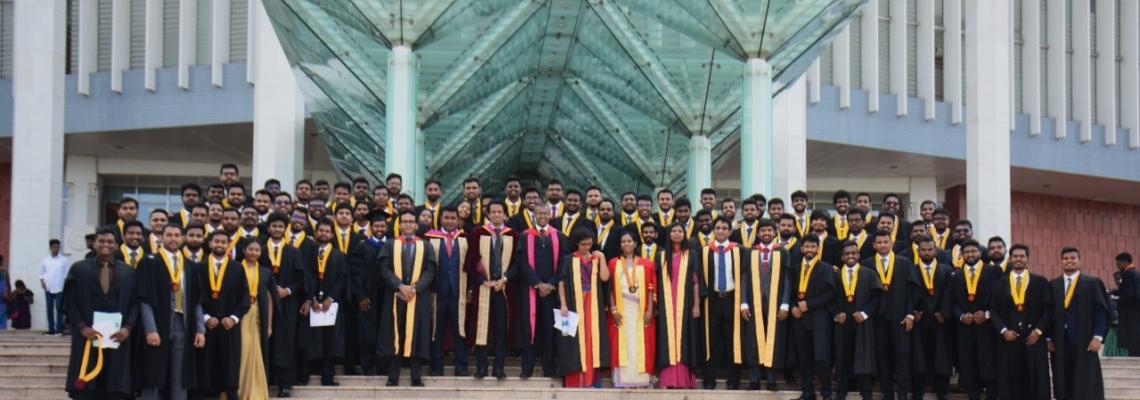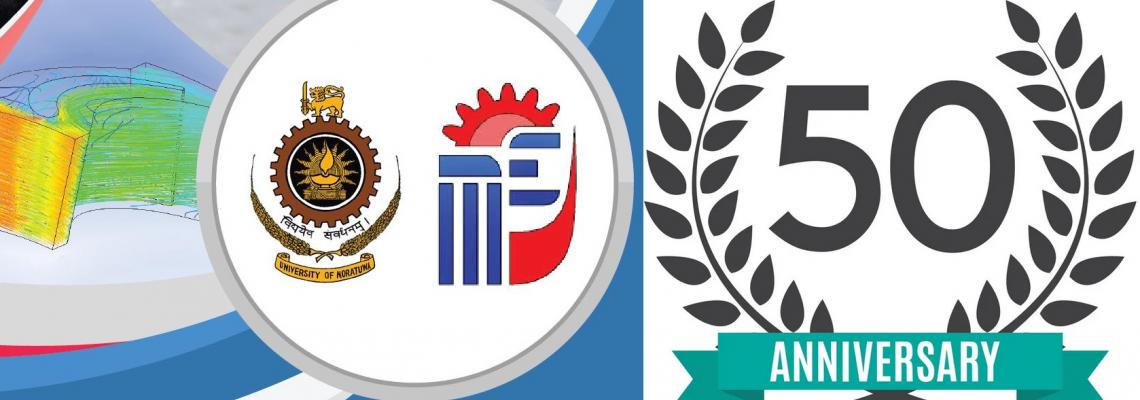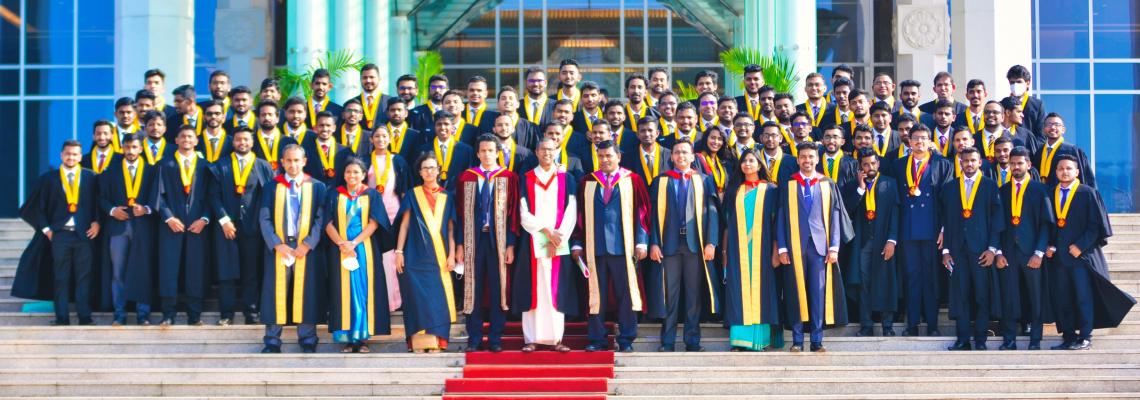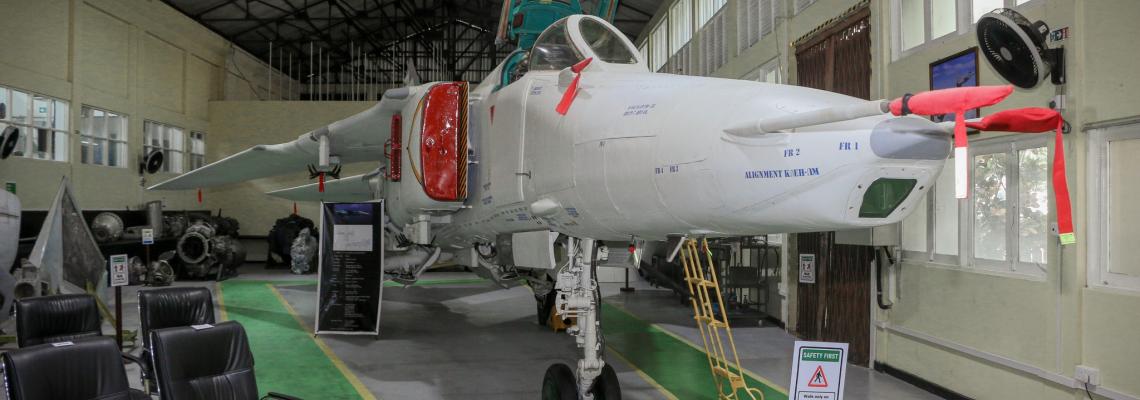Researcher(s)
Supervisor(s)
Dr. Samaraweera KKMNP / Dr. Jayasekara JGAS / Prof. Perera KKCK
Abstract
To increase the efficiency of many modern-day heat transfer processes, the ability to transfer heat to or away from the working fluid is a critical requirement. Additionally, improved heat transfer techniques reduce the exergy generation during the heat transfer process and increase the second law efficiency. Low thermal conductivity (λ) of traditional heat transfer fluids such as water have constrained their applicability in such improvements and transpires the requirement of a new class of fluid. Nanofluids offer enhanced λ compared to their counterpart traditional heat transfer fluids and thereby show promising applicability for improving heat transfer processes. However, nanofluids come with drawback of increased viscosity (μ) as well. This increased μ can negatively impact on the performance gain achieved through enhancing λ due to the increased requirement of pumping power while decreasing the overall heat transfer coefficient. Therefore, identifying microscopic mechanisms responsible for λ and μ enhancements in nanofluids is essential to draw out the maximum potential of nanofluids in heat transfer applications. With the power of classical molecular dynamics to have an atomic level insight, this research is focused to investigate the dominant microscopic mechanisms such as clustering of nanoparticles on λ and μ enhancements.
Keywords
Nano fluids, Thermal Conductivity, Viscosity, Classical Molecular Dynamics, Clustering of Nanoparticles








